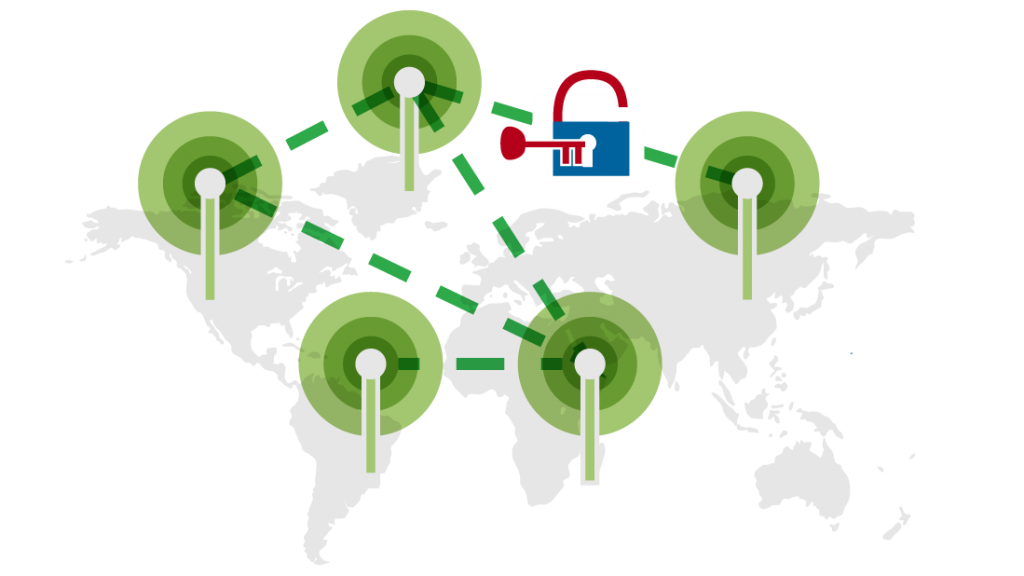
When Erica Purvis and Dr Sharon Prendeville told us about their involvement in planning a global design hackathon to kickstart creative circular economy solutions – and open source solutions at that – we were delighted to get involved in their London branch of the event.
Here Erica and Sharon reflect on some of the happenings from the events in 33 countries around the globe.
What happens when you open up an event and create a platform that enables people to not just take part but help to build that platform and event? To help shape its identify and populate its content with their own wonderful projects, ideas, knowledge and experience, and what’s more, to focus it on exploring open source principles for a Circular Economy.
Open Source: Whether in the context of software, data, hardware, innovation, education resources or standards, the underlying principles of open source indicate ways of freely accessing, using, modifying, collaborating and sharing.
After laying the basic foundations, overarching objectives and framework, this is exactly what the Open Source Circular Economy days (OSCEdays) set out to do. And from 11th-15th June grass roots and volunteer led, local organisers came together in 33 cities spanning 25 countries around the world to run challenge-based weekends.
In London the event, held at Fab Lab London, was pleased to be sponsored by the Knowledge Transfer Network and have a variety of great challenges set (including one from RSA Great Recovery).
Here’s a taster of some of the OSCE days’ activities that went on across the globe:
● Live, international Google hangouts. An example, organisers in Helsinki sharing their circular Monopoly board game with participants in India!
● A workshop at Philips Innovation Eindhoven to learn from experts in open source with the aim to openly ideate wearable technology solutions and tackle difficulties such as LEDs embedded in clothing
● A five-day festival of open source and circular economy in Berlin resulting in the development of a circular textile manual followed by a diverse industry panel discussion
● A group of 20 open source and environmental enthusiasts in a small village in France, engaging with locals, mapping local needs and building a bio digester
● An enthusiastic group of children in Bergen singing while creating artwork from recycled bottle tops
● A showcase of expert videos including Dr Conny Bakker, (TU Delft) on Gap Exploiters, Frank O’Connor compelling you to share more, David Li in Shanghai introducing concepts of ‘gongban’ and ‘guanzo’ and Kyle Wiens of iFixit setting an open design challenge for designers to build reparability into products and design for the longest possible lifespan
● Presentations and discussions organised and hosted by Gien from Stop Reset Go in Cape Town and Johannesburg, on topics from circular product design, remanufacturing, biomimicry and global perspectives to system economics…
The list goes on and no doubt more amazing activities, insights, practical action and steps taken will continue to be shared over the coming weeks and months.
It was diverse, exploratory, exhausting and completely uplifting!
Our open source experts used their knowledge and experience to create documentation guidelines, enabling open, collaborative development of the event and embedding open source principles in the solutions. There is a lot that industry and others can learn from this approach, particularly in terms of transparency, collaboration and alternative business models, to move the circular economy forward. It has also highlighted some barriers and possible conflicting priorities in some suggested Circular Economy strategies, particularly around product ownership.
The actions during the days will take a while to be reviewed but summary documentation of the activities and challenges are available and can be openly accessed. The OSCE Days teams are now looking at the next steps and will be continuing the spirit of co-development, collaboration, practical action and sharing progress in the coming months.





